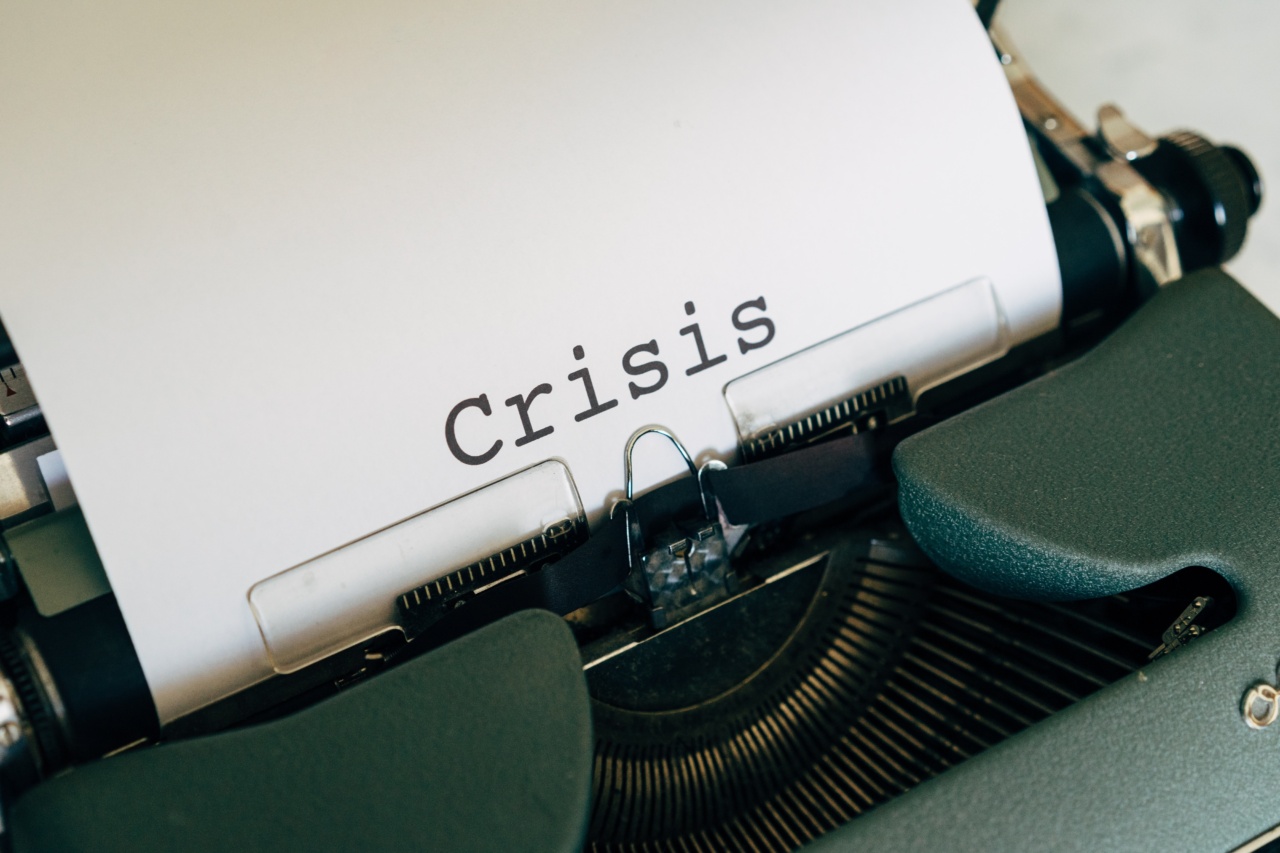Being a diplomat is a highly demanding and challenging profession. Diplomats have to navigate complex international relations, negotiate agreements, and represent their countries on the global stage.
This constant pressure and responsibility can lead to stress, which if left unmanaged, can have detrimental effects on both their physical and mental health. In this article, we will explore effective strategies for stress management specifically tailored to diplomats.
The Impact of Stress on Diplomats
Stress is a normal reaction to demanding situations, but when it becomes chronic or overwhelming, it can have severe consequences.
Diplomats are constantly exposed to high-stress environments that can lead to physical symptoms such as headaches, fatigue, and disturbed sleep patterns. Moreover, chronic stress can affect their emotional well-being, leading to increased anxiety, irritability, and a decreased ability to cope with pressure.
Recognizing the Signs of Stress
It’s essential for diplomats to be able to recognize the signs of stress in order to take timely action. Some common signs include difficulty concentrating, loss of interest in work, irritability, and social withdrawal.
Physical symptoms such as frequent illnesses, digestive problems, and changes in appetite can also indicate high levels of stress. Recognizing these signs and addressing them promptly is crucial for effective stress management.
Implementing Effective Time Management
One of the primary sources of stress for diplomats is the overwhelming workload and constant time pressure. Effective time management is key to reducing stress levels and maintaining a healthy work-life balance.
Diplomats can benefit from prioritizing tasks, setting realistic deadlines, and learning to delegate when possible. By organizing their time efficiently, diplomats can minimize stress and increase their productivity.
Developing Support Networks
Diplomats often face unique challenges and can sometimes feel isolated. Building a strong support network can provide invaluable emotional support and practical advice.
Connecting with colleagues who understand the nature of the work can help alleviate stress by providing a safe space to discuss challenges and share experiences. Additionally, diplomats can benefit from seeking mentorship or joining professional organizations that offer support and networking opportunities.
Practicing Mindfulness and Meditation
Mindfulness and meditation techniques have been proven effective in reducing stress and promoting overall well-being.
Taking a few minutes each day to practice mindfulness can help diplomats enhance their focus, manage their emotions, and improve their resilience in the face of adversity. Incorporating meditation into their daily routine can provide diplomats with a valuable tool for stress management and self-care.
Engaging in Physical Activity
Regular exercise is an excellent way to relieve stress and improve mental health. Engaging in physical activities such as jogging, swimming, or yoga can help diplomats release tension, boost their mood, and increase their energy levels.
Finding an exercise routine that suits their preferences and fits into their busy schedules can greatly contribute to stress reduction.
Creating Work-Life Balance
Stress management for diplomats also involves creating a healthy work-life balance. It’s crucial for diplomats to carve out time for personal activities and hobbies outside of work.
Engaging in activities they enjoy, spending time with loved ones, and taking regular breaks can help diplomats recharge and restore their energy levels. Achieving a balance between work and personal life is essential for long-term stress management.
Seeking Professional Support
When stress becomes overwhelming and affects daily functioning, it may be necessary to seek professional support. Diplomats can benefit from therapy or counseling sessions with mental health professionals who specialize in stress management.
These experts can provide valuable guidance, teach coping skills, and help diplomats develop strategies for managing stress more effectively.
The Role of Self-Care
Self-care is an integral part of stress management for diplomats. Diplomats need to prioritize their well-being by engaging in activities that help them relax and rejuvenate.
This can include activities such as reading, listening to music, going for walks in nature, or practicing hobbies. By incorporating self-care practices into their daily routines, diplomats can proactively manage stress and foster a healthier mindset.
Supporting Workplace Initiatives
Organizations employing diplomats should also prioritize stress management initiatives and create supportive work environments.
This can involve offering training programs on stress reduction techniques, promoting work-life balance, and implementing policies that prioritize diplomats’ well-being. Workplace initiatives that acknowledge and address the unique stressors diplomats face can greatly contribute to their overall stress management.
Conclusion
In the demanding field of diplomacy, effective stress management is crucial for diplomats to maintain their well-being and perform at their best.
By understanding stress, recognizing its signs, and implementing strategies such as time management, mindfulness, and self-care, diplomats can effectively manage stress levels and minimize its negative impact. Prioritizing stress management not only benefits the individuals but also contributes to a healthier and more successful diplomatic community.































